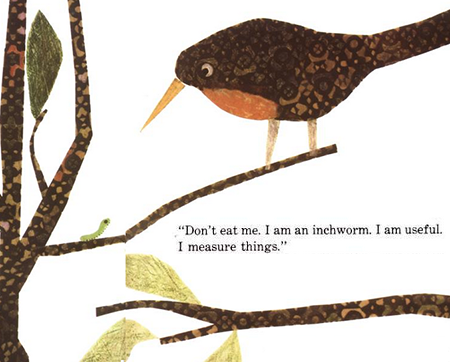I spent Christmas in a northern state where the sun sets early. It was already sinking behind a hill as we drove out to a barn so that my daughter could meet her grandmother’s horse; the ruddy half disc glinted through bare woods at the summit and shifted its beams as the car moved. Firebird, ready to take flight from the canopy. But it didn’t, it went to sleep, and at dusk we met the horse. It snorted and steamed at the nostrils, R. petted its side and sat behind its shoulders, gripped the coarse mane, laughed in delight as its great tongue lapped a candy cane—
Unusually, I’m spending time by myself in airports, in part because of my grandmother’s unexpected death over the holiday. The first encounter in a long time—years?—with the loneliness that leads to writing, that used to lead to writing all the time. Whatever else has gone on these years, I haven’t been lonely. This round of goodbyes was especially hard; one never wants to be lonely and yet it’s a spur.
Read without haste E.R. Curtius, European Literature and the Latin Middle Ages. Curtius thinks that the Classic-Romantic distinction is unworkable in practice and suggests the Classic-Mannerist distinction as an alternative. I’m surprised I haven’t seen that before; I like it because it’s a matter of pure technique, and seems to have cropped up independently or not in many places, even the MFA workshop where Frank Conroy used to say: “On the one hand, the plain style, on the other, the rococo….”
It’s useful as context for Dante, a corrective to the assumption that Dante appeared out of nowhere after a millennium of nothing—an assumption which makes it seem that the Divine Comedy could not have been written by a human. Which is not to say Curtius doesn’t love Dante; everyone loves Dante, except the young Goethe. Walking home the other day from signing documents for my new job, I had the thought that his heaven, which starts out radiating and then converges, could be modeled as the surface of a hypersphere, and unsurprisingly lots of people over this last century have had the same thought. Not that “Dante anticipated Riemann,” but (I think) he might have taken the earth’s surface as an analogy and drawn a path from pole to pole so that both God and the Earth could occupy central positions, one high, one low.
The casket was heavy, and bearing it from point to point with my cousins—I on the right, using my weaker left arm—I wondered how much was mortal flesh and how much was superstructure, ceremony. At the church entry they had a framed photo with her sixteen or so local great-grandchildren and a separate photo of R., the only great-grandchild to live in a different city, whom I had never managed to bring there; and if I had brought her, it would have been the opportunity for another group photo of children, an hour in arranging and me fidgeting the whole time, forgetting the point of such photos is to be placed, in time, at church entries—then the Mass, hymns, responses to which I still remember the words. Lift up your hearts: we lift them up to the Lord. 1 Thessalonians 4:13: But we do not want you to be uninformed, brothers, about those who are asleep, that you may not grieve as others do who have no hope. The resurrection of the flesh specifically, and often, insisted upon.
They had me kneeling in the first pew, but declining Communion was not so awkward since the conditions were clearly stated: married in the Church, if married…. The smoke out of the censer, the splashes of holy water were seductive, as was the talk of God’s eternal foreknowledge: Dante again. But why my grandparents’ 65-year marriage should be held up as a rebuke to “a fifty percent divorce rate, and men marrying men, and women marrying women”: well, let the differences not be obscured. I can’t write about my grandmother herself, in part because of those differences. Early closeness, music lessons, distance, a sense of virtues not altogether congruent with the virtues I came to recognize.
Police on motorcycles flanked our procession through red lights. Garages, American flags, cold midday at the crypt. Dante prepared for death in his way, the Romans in theirs. Sometimes I think mine is the Egyptian practice, investing decades in painting the walls of a tomb.
When I get back I will start work. I am testing the hypothesis that it might not be so bad to be part of an endeavor, to be useful at least for a while; that it certainly beats getting devoured.

Software is the service. It reclines within the soft arms of a university, and also pays “grown-up money”, an expression which seems to be identical with “top decile”; things are that warped. I didn’t want to need it, but since starting a family, need has become an elastic concept. Four days away and I miss the metropolis. I miss the sea air, the daydream that particles of Japan or the Danube could wash up in the surf, circulation.
